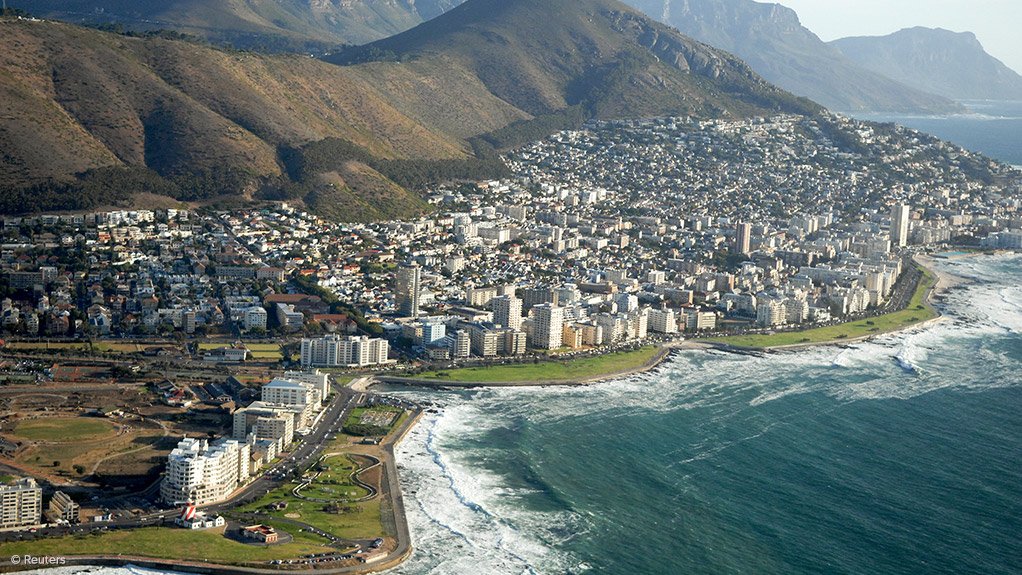To reduce the economic impact of the current energy crisis, the Western Cape government (WCG), the City of Cape Town and businesses in the region have agreed to work together to find innovative solutions for alternative energy generation.
Short-term solutions included using the design of the load-shedding schedule to reduce the impact of supply cuts on business; setting up a contracted demand response system, where a group of customers was paid to immediately reduce their power consumption when instructed; and using city controlled levers to reduce pressure on the electricity system, for example, geyser ripple control, where geysers are automatically switched off to take pressure off the system.
At this year’s Government Meets Business event, under the theme Energy Security, the provincial government and business decided to meet again in six months’ time to review the progress on developing an action plan to mitigate the impact of the electricity supply constraints. It was also suggested that special forums should be established to focus on specific sectors and areas to come up with common responses.
Western Cape Premier Helen Zille, Western Cape Economic Opportunities Minister Alan Winde, and the Cape Town executive deputy mayor Ian Neilson, co-led the engagement, which was organised by the Western Cape Economic Development Partnership and Green Cape.
“When people can't pursue new opportunities, when key government services are at risk and when business is held back, that is the definition of a crisis. We can no longer assume that all will be well. In response, our teams have formulated a set of proposed solutions and have presented it to business for consideration. This involves interventions to both increase supply and lower demand,” Neilson said.
Further, Zille emphasised that, without reliable energy, there could not be economic growth. “This means jobs cannot be created and the poor get poorer. We need solutions that address the needs of the economy and the poor.
“It is time to disband the current national government model where the State has the monopoly on electricity supply,” she noted, adding that the current model has failed the residents of South Africa.
“We need to create mechanisms for cities, provinces and independent power buyers to enter the energy economy. This is the only way we can address the constraints we are currently faced with.”
Potential short-to-medium term solutions included facilitating rooftop solar photovoltaic on buildings in the city. The system comprised electricity-generating solar panels mounted on the rooftops of residential or commercial buildings, where producers can sell surplus electricity back into the grid, and signing power purchase agreements with independent power producers for renewable energy and gas.
It was also suggested that the energy crisis could be downplayed by increasing installations, through collaboration with stakeholders, of solar water heaters and heat pumps in households and buildings; introducing time-of-use tariffs, for example, enabling load shifting by charging batteries during offpeak hours when power demand is low and electricity is cheaper, for use during the day (peak time) when demand is higher; and government showing leadership through introducing efficient-energy-use initiatives at its buildings.
While these suggestions would not necessarily be implemented immediately or in their entirety, Cape Town and WCG would be taking these forward in collaboration with business where necessary.
EMAIL THIS ARTICLE SAVE THIS ARTICLE
To subscribe email subscriptions@creamermedia.co.za or click here
To advertise email advertising@creamermedia.co.za or click here











